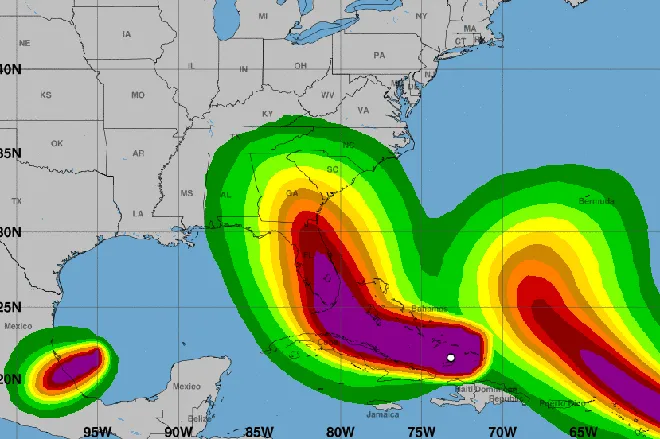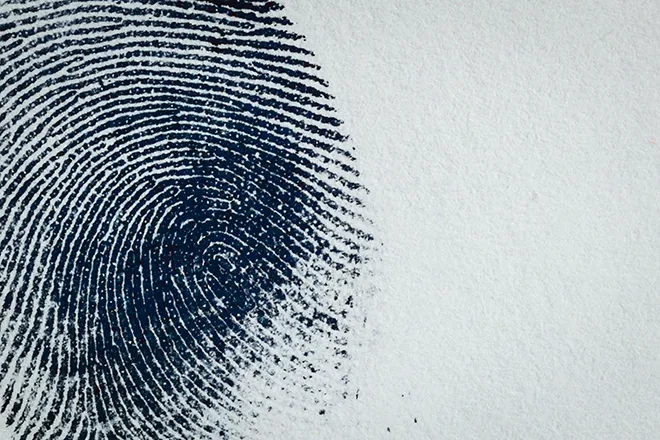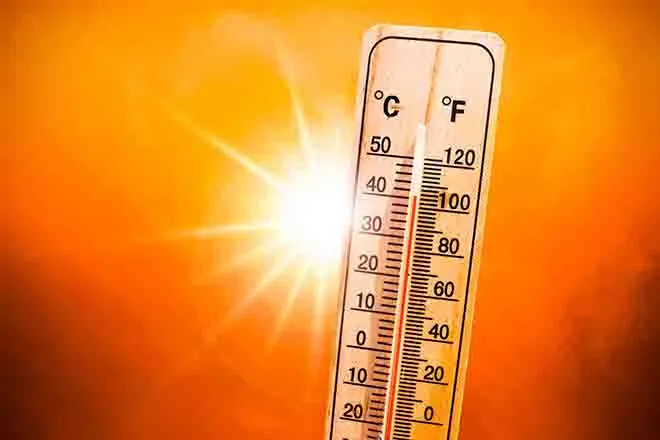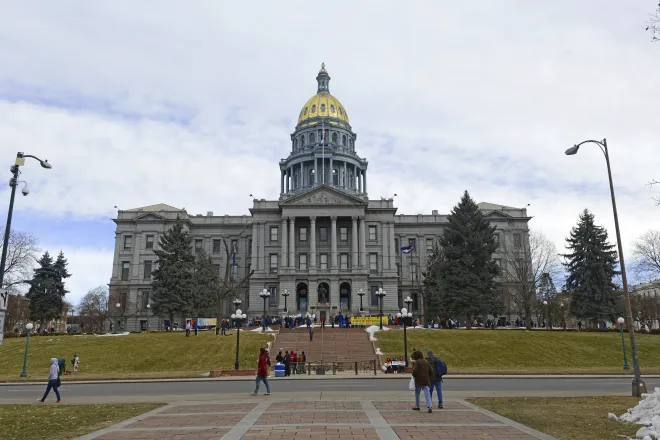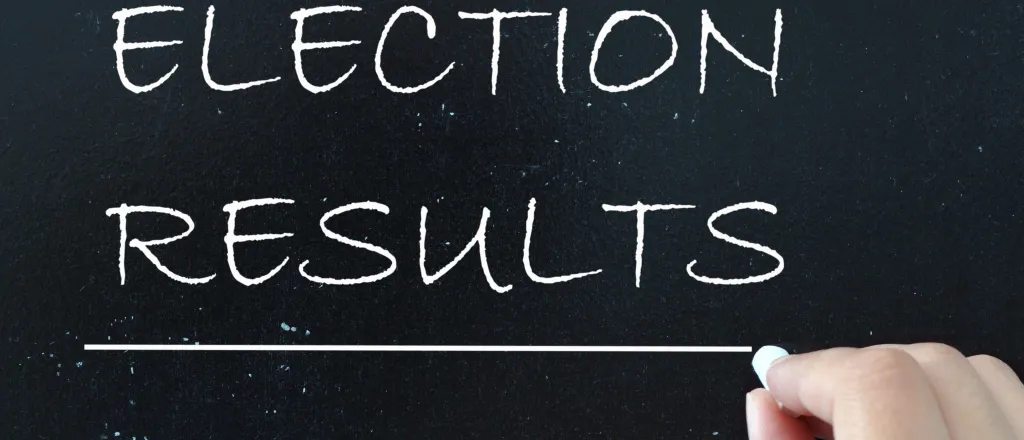
A judge is mulling Lake’s last-ditch attempt to overturn 2020 Arizona election
(AZ Mirror) Kari Lake’s remaining hope of overturning the 2020 election is in the hands of a Maricopa County Superior Court judge after a May 12 hearing in which Maricopa County said her last-ditch effort is built on demonstrably false claims of malfeasance for which she has no evidence.
Lake, a Trump-endorsed election denier, lost her bid for Arizona governor six months ago, but has continued to insist that she, in fact, won because the election was rigged. Lake lost to Democratic Governor Katie Hobbs by more than 17,000 votes, and courts have repeatedly rejected Lake’s claims as evidence-free.
Maricopa County Superior Court Judge Peter Thompson on May 12 heard arguments over Lake’s claims that Maricopa County failed to follow ballot envelope signature verification that he initially dismissed in December, but that the Arizona Supreme Court remanded back to him after Lake appealed that ruling.
Lake’s attorneys also tried to convince Thompson to reopen a claim regarding logic and accuracy testing of Maricopa County’s ballot-on-demand printers and tabulators that was previously dismissed. Lake’s attorneys argued that new evidence uncovered after the claim was dismissed warranted its reconsideration.
The GOP gubernatorial nominee argued that system logs from Maricopa County tabulators, along with the results of an independent review of election issues that the county commissioned, showed that “this election was rigged.”
Lake attorney Kurt Olsen claimed that an unexplained and ongoing issue with the county’s ballot printers that caused the 20-inch ballot to be shrunk to 19 inches before it was printed, thus preventing tabulators from being able to read the ballots, must have resulted from “malware or other nefarious activity” like someone remotely accessing the printers.
He also claimed that Maricopa County should have redone its logic and accuracy testing on the tabulators after it installed software on the tabulators that would prevent them from reading early and provisional ballots.
But Joseph LaRue, an attorney representing Maricopa County, fired back that he believed Lake’s lawyer’s misunderstood or ignored the county’s explanation of what happened with the software installation. LaRue said the new software was installed on the sample of tabulators that were included in the logic and accuracy testing prior to those tests, and was installed on the rest of the tabulators afterward.
“The assertion that this election was rigged is offensive, and it’s untrue,” LaRue said.
Olsen also claimed on Friday that 260 tabulators failed during logic and accuracy testing and that those tabulators failed again on Election Day.
But LaRue countered that just because a tabulator failed to read a ballot one time during the testing doesn’t mean that it wholly failed, adding that sometimes a tabulator won’t read a ballot because it was inserted at an angle or there was lint on the reader, and that the ballot is often read the second time it’s inserted.
Signature claims
And while Lake’s lawyers argued that the math didn’t add up when it comes to Maricopa County’s signature verification process, lawyers for the defendants pushed back, saying that much of Lake’s evidence backing up her signature verification claim came from the 2020 election and not the 2022 election.
Lawyers for the defendants also pointed out that witnesses who testified that Maricopa County violated signature verification processes were relying on their own memories of how many signatures they verified or did not verify as first-level signatures reviewers in the 2022 election in Maricopa County. There are several more levels of signature verification review that happen after that, which those witnesses were not a party to.
Abha Khanna, an attorney representing Hobbs, said that Lake and her lawyers had provided no evidence that could prove with mathematical certainty that Lake actually won the election, the standard needed to overturn the election.
“All that she offers are untethered assertions of uncertainty,” Khanna told the court Friday. “They’re wholly untethered to reality.”
The Supreme Court ruled May 4 that Lake’s attorneys must pay $2,000 in sanctions for writing in her appeal that it was an “undisputed fact” that more than 35,000 ballots were illegally inserted into batches of legal ballots in Maricopa County when the November 2022 ballots were being sorted shortly after Election Day. There’s no proof of that.
The court also called out Lake and her legal team, made up of Scottsdale divorce lawyer Bryan Blehm and Washington, D.C., employment attorney Olsen, for repeating that false assertion in another filing.
In the initial December trial that Thompson presided over, and in a February appeal, both courts shot down all of Lake’s claims in her election challenge, ruling they were either improper to bring before the court in such a case or that they were not backed by the facts. The Arizona Supreme Court in March dismissed all of Lake’s claims except for one, regarding signature verification processes, which it sent back to Thompson for review, saying that the lower court had improperly dismissed it.
Arizona Mirror is part of States Newsroom, a network of news bureaus supported by grants and a coalition of donors as a 501c(3) public charity. Arizona Mirror maintains editorial independence. Contact Editor Jim Small for questions: info@azmirror.com. Follow Arizona Mirror on Facebook and Twitter.


